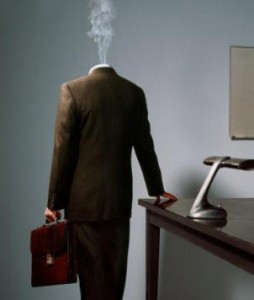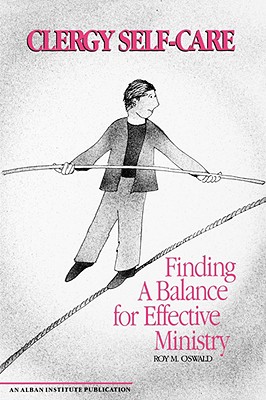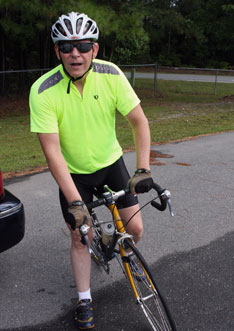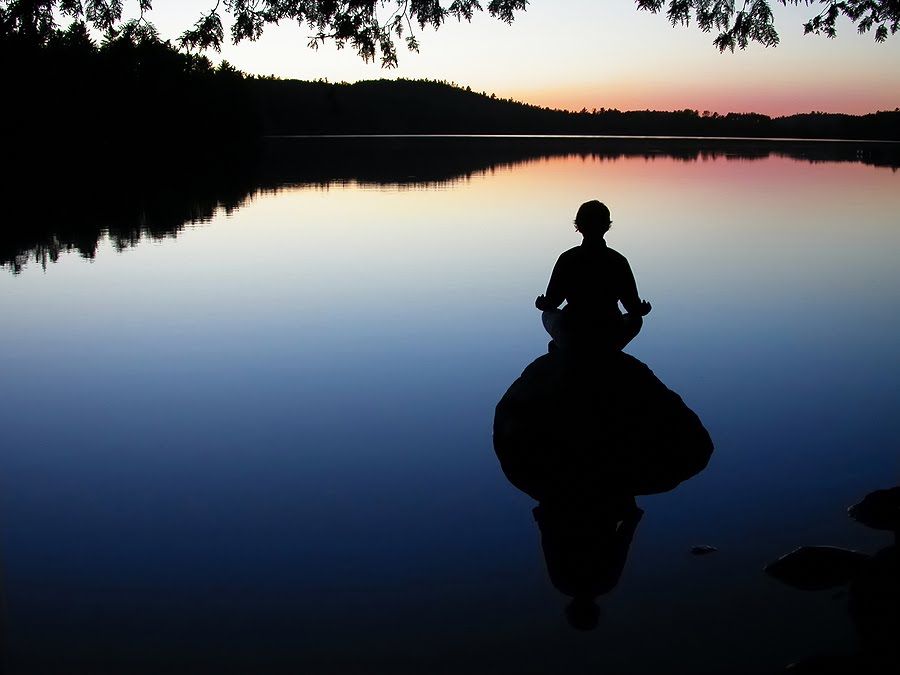Clergy Self Care
And by Clergy, I also mean deaconess, AIM’s, church leaders, and, well, everyone.

In 1992, I begin to seek a new call. I had served a church and school in Brooklyn, New York for a little under six years. It had been my first call, it was challenging in a number of ways, and after that time and work – I was burned out. Toast!
When I made the move to Charlestown, Rhode Island in 1993, I made a commitment to be in ministry for the long haul. That meant finding a balance to work, life and play. While I love the work of ministry, I also wanted to be someplace for the distance – I was making the shift from sprinter to marathon runner. Through a series of conversations with Roy Oswald, former Alban Institute consultant, and now pitcher in Major League baseball, I came up with a plan. Much of this is based on his book, which I highly recommend to you.

Here is what has worked for me, beg, borrow and steal what works for you.
- Form friendships with people who don’t go to church, not just your church, but any church. I have found this to be so refreshing, because it connects me with a perspective on life that we do not see from inside the ministry paradigm. These people have kept me honest, and they don’t defer to me because of my clergy status. They talk straight. Oh, and by the way, I’m keeping these friends now that I’m bishop.
- Find a hobby or avocation or passion that takes you in another direction. For me this was a recovery of my interest in photography, which had begun at the age of 12. Photography allowed me to explore both a creative as well as a technical outlet. Later I was also able to engage my entrepreneurial spirit, but more on that in a future blog post on Bi-vocational ministry. I’m not sure what your thing will be – painting, carpentry, rugby, pottery, motorcycles. Explore, experiment.
- Find a good spiritual director and hang with them for years. I have had several different spiritual directors ever since I was in seminary. That’s nearly 30 years of SD. Wow! You’d think I’d be more spiritual by now. In each of the four cities that I have lived, I’ve sought out someone who could help me understand myself, and my connection (or lack of) to God. Sometimes they have been counselors, sometimes they have been spiritual directors from centers or monasteries and others were analysts in the Jungian tradition.

- A clergy support group. Roy Oswald writes about this in depth, so check out his thoughts. But, here is what I found works and what doesn’t. The group has to be interdenominational and it has to have a paid facilitator. It doesn’t work if its just a bunch of Lutherans getting together over coffee. The denominational diversity forces you out of the group think and crowing. The paid leader is there to challenge and play referee, and to make sure the group is honoring its covenant.
- Get physical. My wife likes to walk with a friend, I like to go to a gym and work out, another friend rides a bicycle. What are you doing to get those endorphins going? Our modern world is geared toward a sedentary lifestyle. This is especially true for clergy. We tend to sit at desks, sit in meetings, sit at hospital beds, sit in cars. We were created as physical beings. God gave you a body –use it. Most of us need a partner to do this well, so find someone else that wants to start walking in the afternoons. Out of everything on this list, I would suggest starting with this one – you’ll have more energy to do the others.

- You are what you eat. Our US american diet just plain stinks. It is a wretched display of fats and sugars. If in 1950, there had been a commission set up to create a food supply that was designed to increase obesity, clog arteries, create more cancer and heart disease and diabetes, we in 2012 they could look at the food supply in America and realize they succeeded. I don’t know how you do it, but find a way to detox, join a 12 step program. Start a eating well group at your church. I’m blessed to be married to someone who is passionate about eating well, and is a great cook. So again, it’s about finding a partner.

This is what works for me. I’m not perfect at it – I’m still a sucker for cookies and ice cream, I occasionally sluff off the afternoon workout and sometimes think, “oh there is so much work to do, I can’t take time for me.” But, I’m committed to this marathon, and now that I’m serving as bishop (or soon will), I’m realizing the importance for Self Care. So as I enter this new calling, I’m also hearing a calling from God to take care of myself along the way.

